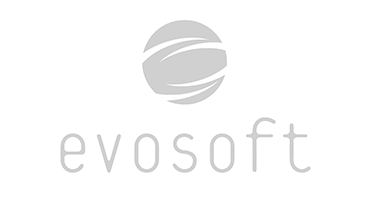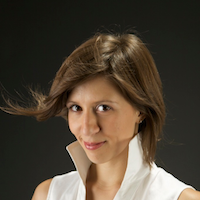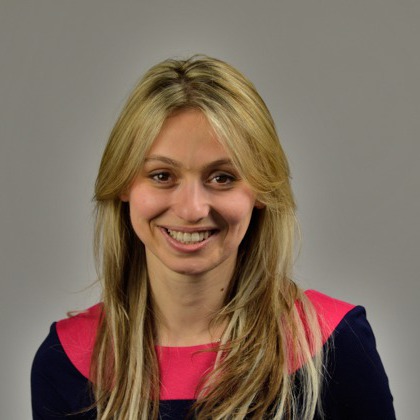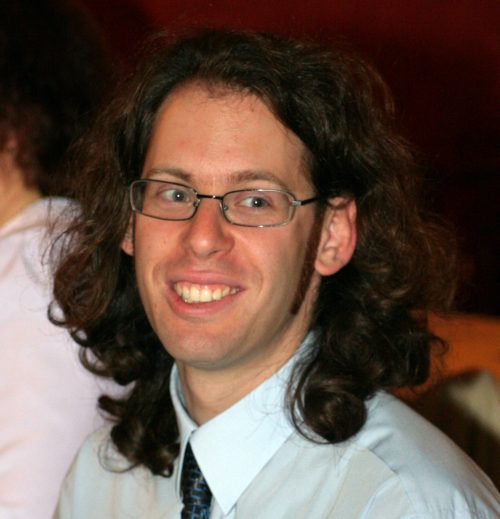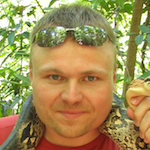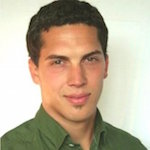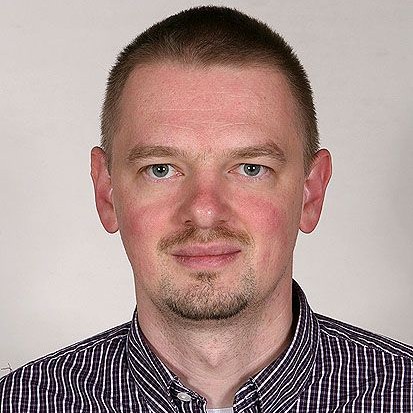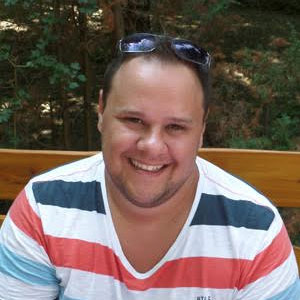speakers
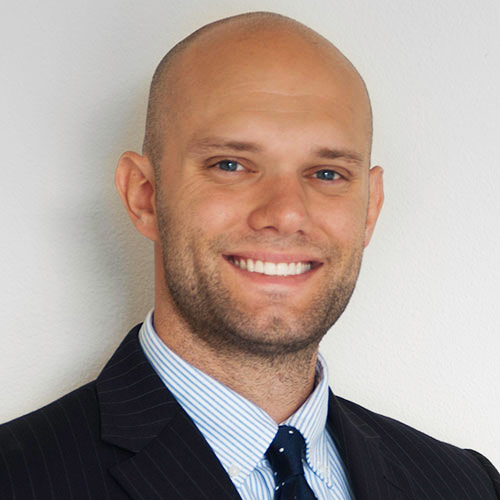
- James Clear
- James Clear Holdings
The Surprising Power of Small Habits
This session is about the hidden forces that shape our behavior at work and at home. We will cover the psychology of how habits work and practical strategies for how to stick to good habits and break bad ones.
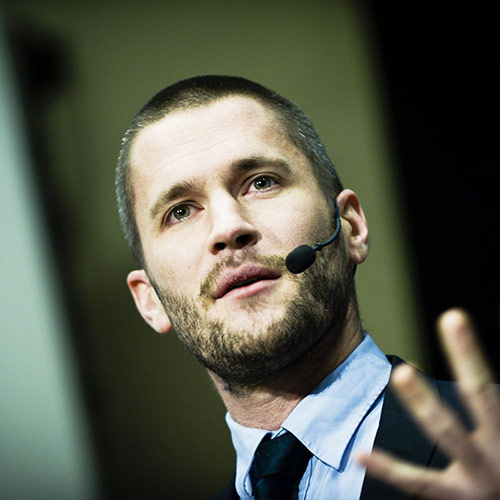
- Niklas Modig
- Author of This Is Lean - Resolving the Efficiency Paradox
'One' lean operations strategy - How to resolve the efficiency paradox
Lean is the most spread management concept of all time, yet academically, there is not even a generally accepted definition of lean. When it comes to 'what' lean actually is, the confusion is overwhelming. A variety of management concepts, with different origin and purpose, are today competing for attention within organizations. What improvement concept is the best? How can we achieve consistency when new concepts are almost launched every year? How can we achieve congruence when we adopt different concepts in different contents?
In this lecture, Niklas Modig - bestselling author of 'This Is Lean' - shares his latest insights on lean. Niklas sheds new light on what lean really is about and pragmatically helps you sort out the various aspects of the management philosophy into a coherent whole - one strategy to attain effectiveness and efficiency throughout your whole value chain. Niklas will inspire you why and how to develop a flow efficient and 'self-fishing' organization.
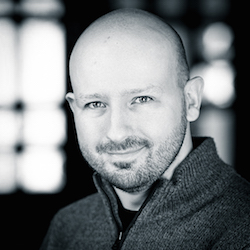
- Brian Robertson
- HOLACRACYONE
Introducing Holacracy: A New Management System for Purpose-Driven Organizations
Organizations are the most powerful force for progress on the planet. Yet even the most consciously run business is often limited by an organizational structure that’s not designed to support a dynamic, purpose-driven company. Sometimes those within achieve great results despite the organization’s management structure, but rarely because of it - more often it subtly works against efforts to nurture a conscious, empowered culture. There has to be a better way.
Holacracy is a fundamentally different 'operating system' for an organization, with a new approach to clarifying accountability, distributing power, and structuring an organization’s functions and flows. It operates without a traditional top-down management hierarchy, and yet its alternative approach to structuring a company allows the alignment, clarity, and rapid decision-making that are often lacking in 'flat' organizations.
This session introduces the core principles and practices of Holacracy through presentation, Q&A, and stories of companies using the method. Participants will leave with a vision for a completely novel way to structure an organization, and key questions to consider around how their organization’s structure interplays with building a conscious culture and purpose-driven business.
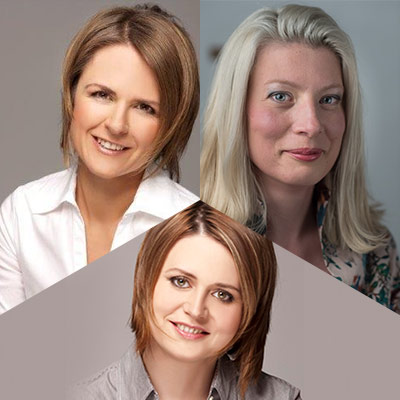
- Kriszta Madai, Judit Soós, Natalie Kállay
The future of leadership
We’ll never know where we’re going until we start our journey, look back and see where it has led us.
People sense that the way organizations are run today has been stretched to its limits and is about to change.
Organisations adopting the coaching approach have found that they undergo a kind of 'detoxification' - which means developing a culture of open feedback, more effective communication flows, increased resilience, stronger corporate identification and commitment, higher intrinsic motivation and, consequently, an increased level of efficiency.
But when organisations reinvent themselves, what happens to leadership? Where do the organisation's purpose, its goals come from? How much more powerful is 'sense and respond', compared to 'predict and control'?
Behind a facade of success, many top leaders are tired of power games, unsolved conflicts and infighting; despite their desperately overloaded schedules, they feel something is wrong. The vast majority yearn for better ways to work together - for more soulful workplaces where talents are nurtured and deepest aspirations are honored.
How can organizations become living entities, oriented toward realizing their potential with people who fully express themselves, bringing unprecedented levels of energy, passion, and creativity to work? We believe it depends on the leaders' skill set and mindset.
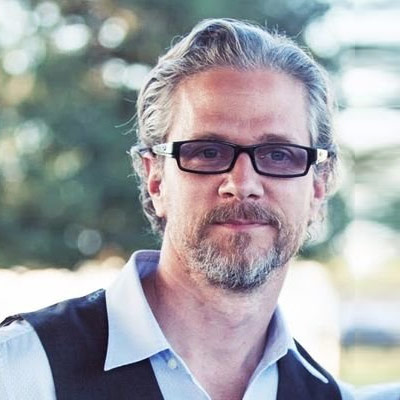
- Doc Norton
- CTO2
The Experimentation Mindset
Among the traits that distinguish a good team from a great team is their ability to innovate. Despite the rhetoric in favor of innovation, most organizations are stuck in an implementation mindset, stifling creativity, excellence, and the resultant innovation. The experimentation mindset frees us from self-imposed constraints, allowing us to continually learn and improve. In this session, we'll talk about how we learn as individuals and how we learn as organizations. We'll take a look at some examples of the experimentation mindset happening in the agile community today and we'll talk about how you can foster such a mindset in your own organization.
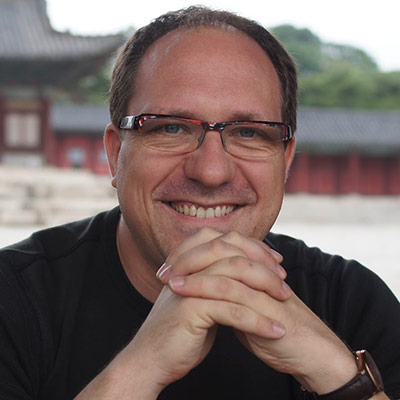
- Niels Pflaeging
- Influencer, author, advisor on leadership transformation, management exorcist
Organize for Complexity. How our organizations will become agile, radically decentralized, and networked. Sooner than we think.
Business, markets and societies have changed, but the principles, methods and concepts of organizational leadership and haven’t, by and large. Rigid and erratic performance management processes like planning, budgeting, project management, fixed-target setting, rigid meeting agendas, individual employee appraisal, and so-called “pay for performance”-pay, combined with autocratic decision-making, org charts and micro-management from the top – these techniques from the industrial age are still widely established standards. But are they still adequate? And if not, how can we adapt our organizational models to the ever-changing environments of the information age and do things better?
In this session, you will learn how any organization, by moving beyond command and control, and by abolishing the entire mindset of management, of functional organization, planning and bureaucratic hierarchy, can become sustainably more successful and profitable. Niels Pflaeging shows how the transformation towards an organization model for the complexity of the knowledge economy really works and how people, teams and organizations can be unleashed from the burdens of bureaucracy - freed from management by command and control.
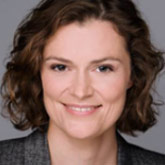
- Christine Wank
- Facilitate U; Presencing Institute
From Ego- To Eco-Systems: Leadership and Collective Awareness for Facilitating the Emerging Future - Inspirations from Theory U
We live in a world of change as never before. Forces like population growth and global migration, climate change, internet and other technologies are reshaping markets, social structures and natural environments organizations are dealing with. On the one hand we sense incredible opportunities for bringing forth a world a much happier world. While on the other we still seem collectively to produce results nobody wants. How do leaders and organizations navigate into a more purposeful, brighter and connected world?
In this lecture Christine Wank, senior practitioner at the Presencing Institute, mindful leadership expert and management consultant will introduce Theory U, a globally used social technology for creating change.
Theory U is both:
- A framework/lens/language for seeing and talking about our deeper levels of experience.
- A methodology for shifting the place we come from as we work in the world, and for operating from deeper levels more effectively (a process for making it happen).
- A phenomenon--part of a larger social movement that is about waking up to operating from Source (its latest online course called U.Lab is attended by over 40.000 participants that work both off- and online).
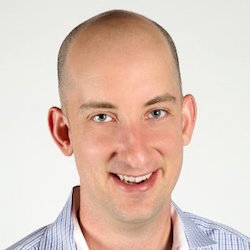
- John Bunch
- ZAPPOS
Zappos' evolution towards teal
In December 2013, Zappos.com CEO Tony Hsieh announced that the company would change its organizational model to Holacracy. Over the past 2 years, John Bunch has lead Zappos transition to Holacracy. John will tell the story of Zappos' evolution towards teal, especially reflecting on the lessons learned during this exciting and trailblazing journey. He will elaborate on the systems and procedures developed to help support self-management, touching on examples for both software and non-software apps.
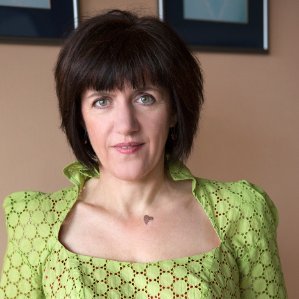
- Éva Rambala
- INTERNATIONAL CENTER FOR NONVIOLENT COMMUNICATION
Introduction to Nonviolent Communication
If something happens and you don’t like, speak up, without being critical!
- Would you like to be able to stand up for yourself in a way that evokes cooperation and deeper connection?
- Are you fed up with trying your best to communicate, only to find that your intention is not getting through and that you end up with more issues?
- Would you like to be able to hear not just what people are saying but what is in their hearts?
- Would you like to know when respectful understanding is enough and when it is important to come to agreement?
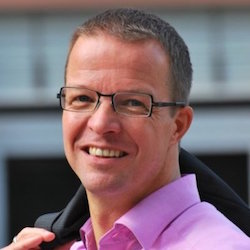
- Rene Kottlowski
- EVOSOFT
Change the evolution - The elephant wants to be a mouse
Are perfect companies really places where people like to work? Can these companies offer a long term perspective or is there a point when they have to rethink how they are organized and how they could and should work?
Growing, increasing productivity, becoming the market leader: this is what many companies have as their main targets.
During their corporate development, they start to build up departments, and a lot of other important or not so important things arise. From the outside, these companies appear perfect, well organized and able to withstand every storm. They have some well-known leaders, who represent the company to the inside and to the outside world.
In my presentation I'd like to share some challenges we have been faced during our organizational life cycle over the last 20 years. What mistakes did we make and what did we learn from them? What did we try out without knowing if it would really work? How did we manage to involve the whole organization and why was this necessary? What is our current situation and why do we still have so much room for improvement?
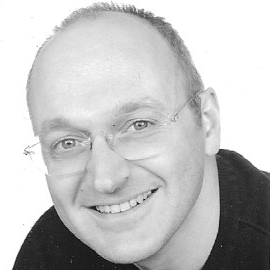
- Joseph Pelrine
- MetaProg GmbH
Coaching 'self-organising' teams
Self-organisation is one of the most misunderstood concepts used in agile practice. If people really understood the dynamics of self-organising systems, they most probably would avoid trying to use it. Instead, they (mis-)apply some ideas, close their eyes, wish real hard, hope that magic happens, and then use the term 'unintended consequences' to describe the - often unfortunate - result. Nevertheless, self-organisation is a basic Agile principle, which teams are expected to use, so this talk will help you learn to understand how it works, and how to implement it in your teams.
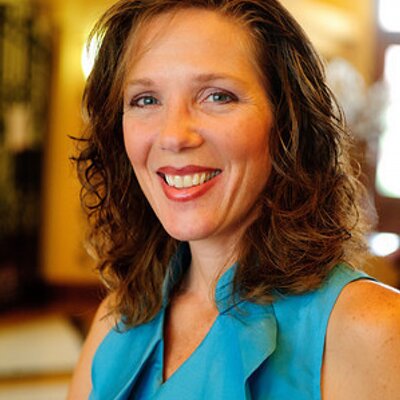
- Anne Loehr
- ANNE LOEHR & ASSOCIATES
Future Focused Leaders Create Cultures of Purpose
Are you looking for ways to increase employee engagement and improve organizational culture? Then focus on using purpose. Purpose-driven, future focused leaders create a culture of purpose-driven work and employee engagement. In this talk, you’ll learn how to define purpose, what is needed to create a purpose driven DNA and how your own leadership values will add depth to work.
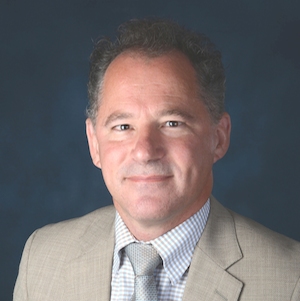
- John Blakey
- AUTHOR - CHALLENGING COACHING
The Trusted Executive: Nine leadership habits that inspire results, relationships and reputation
Many of us are tired of reading in the media about one business scandal after another. Trust in business leaders is at a low ebb; undermining performance, damaging relationships and destroying reputations. A new breed of executive will regain our trust by stepping up to a broader, braver role in the world and mastering essential trust-building habits. This session will explore a model of trust based on three pillars; ability, integrity and benevolence. Beneath the three pillars lie the nine habits that inspire trust; habits which will enable the trusted executive to deliver outstanding results, inspiring relationships and a positive contribution to society.
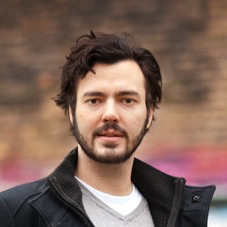
- Christian Hausner
- ESBZ
On the way to a teal school - building purposeful education
Schools are the counterexample for effective, adaptable, resilient and purposeful organizations. The DNA of our school systems stem from the century of industrialization. Children are objects, being processed in rather soulless factories, and being treated as interchangeable units that need to be channeled through a predefined curriculum. The factory spirit has massive effects on students as well as staff. A fundamental change in school culture throughout Europe is desperately needed to build purposeful education.
The Evangelische Schule Berlin Zentrum believes that youth today have to be prepared for uncertainty, be actively linked to their surroundings, have to embrace failure and have to practice appreciation and empathy. Schools have to be transformed by radically putting students in charge.
The school, founded in 2007, holistically puts known pedagogical best cases into practices (i.e. school students learn in inclusive and age-mixed groups, pupils are defining and monitoring their own projects and use teachers as coaches), but moves far beyond that. From mere knowledge transfer to the ability to process knowledge and apply it to one’s own actions, from teaching children to do something to putting children in charge of shaping their own education and life. In school assemblies pupils learn to publicly praise their peers - to cultivate feedback and empathy. One of the subjects is called 'Responsibility', centering on civic engagement in the local community. Also, every student has to annually (for three years in a row) master a self-chosen three-week 'Challenge' outside of school with almost no budget, like hiking across Germany or help building something in a social institution. Although students have not been selected for intellectual ability, their GPAs in A levels are comparable or better than in other German high schools.
Christian Hausner opens up a 360 degree view on the school, pointing out the main success factors for the school in terms of pedagogical practice and work culture.
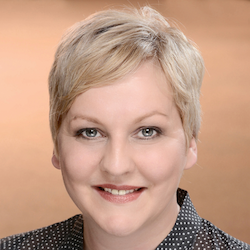
- Beáta Kalamár
- EXECUTIVE COACH, LEADERSHIP DEVELOPER
Transformational Leadership - Leader in the mirror
Leading and being the change in the organisation.
'Everything changes. Everything is connected. Pay attention.' - Classic Buddhist teaching
Transformational Leadership is a new must nowadays! Today’s organisations are in a constant move in order to respond to the needs of unpredictable, continuously changing business environment. Every day is full of complex challenges, which require developing answers and solutions that are yet unknown. Today’s workforce is diverse with different needs and ambitions, therefore, the composition of teams are dynamically changing and uneven. Leaders must respond to these challenges in a way to expand their leadership capacity to be, think and lead in a transformational way.
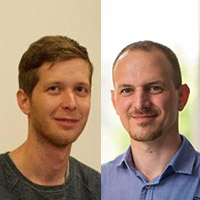
- Ádám Bankó, Gergely Orbán
- LAB.COOP, DOCTUSOFT
Holacracy implementation in Hungary
See a talk about two different journies to Holacracy.
'One is an experimental transition in Doctusoft, changing the operating structure of a division from conventional to this new adaptive system.
'Other example is Lab.Coop, an 18 person employee-owned company built from scratch on the priciples of Holacracy.
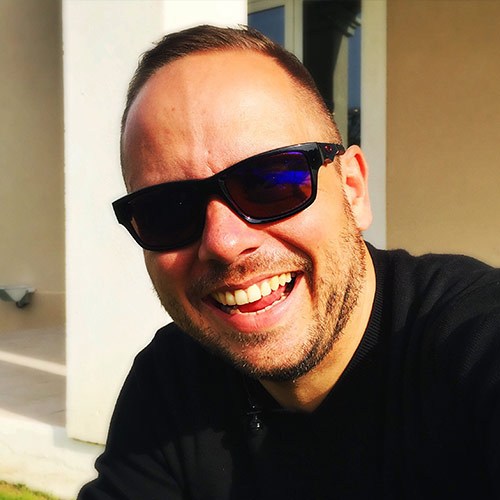
- Tim Steigert
- GE
Don't blame the goats. Get a Goatherd.
What can you do, working for a 130+ year old behemoth that employs more than 300.000 people world wide across many different industries to not drop into obsolescence in these VUCA times?
Tim Steigert is sharing some insight on how GE has set out to reinvent itself in a time where people try to understand what 'digital disruption' is really all about and where the average age of companies on the Forbes 500 has dropped from 70+ to 15 years since 2000.
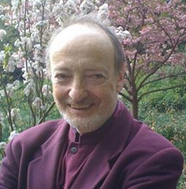
- George Pór
George Pór is a strategic learning partner to visionary leaders business, government, and civil society. He is a Fellow of Future Considerations, the London-based global transformation agency, and is the founding publisher of Enlivening Edge: News from Next-Stage Organizations, and has been publishing the Blog of Collective Intelligence since 2003. George is also the founder of the Teal Practice Group in London. A select list of his articles and book chapters on the fields of collective intelligence, organizational and social renewal can be found here. More about George’s work is here. george(at)futureconsiderations(dot)com


